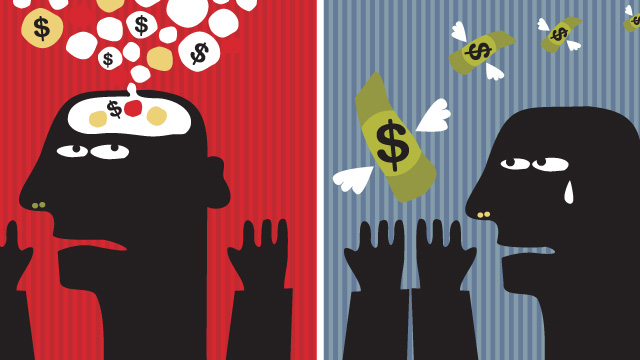Psychology and economics have been linked since their inception as intricately as possible. While psychology is the study of the human mind and behaviour, economics is the study of human behaviour and interactions in markets. The concepts of Utility and the Law of DMU are rooted in psychology. The basic utilitarian idea of pleasure and pain given by Bentham has been affirmed in economics by Adam Smith and many others after him. Although the role of psychology is well known in microeconomics, its role in macroeconomics still needs to be recognized. Macroeconomic concepts like MPC and Keynesian theory, as well as microeconomic concepts like Game Theory, are rooted in psychology and play a significant role in modern economics. Psychology helps understand various aspects, such as consumer behaviour, savings behaviour, decision making, and economic trends. Studying the long-term effects of economic recessions and concepts such as ‘middle-class child’ further strengthens the correlation between the two. Incorporating psychology allows us to get a more realistic understanding compared to the fundamental rationality assumption and enables us to make predictions. It is also directly related to market stability in matters of credit and the stock market. Psychology, thus, forms the very basis of supply and demand and of economics itself.
Contact us:
online@asianatimes.com
Copyright © 2024 Asiana Times. All Rights Reserved













